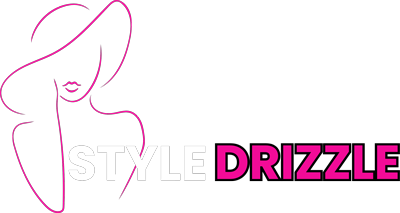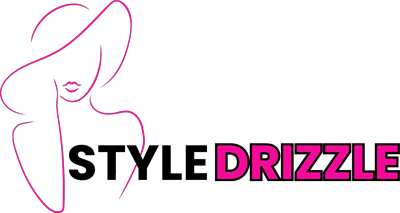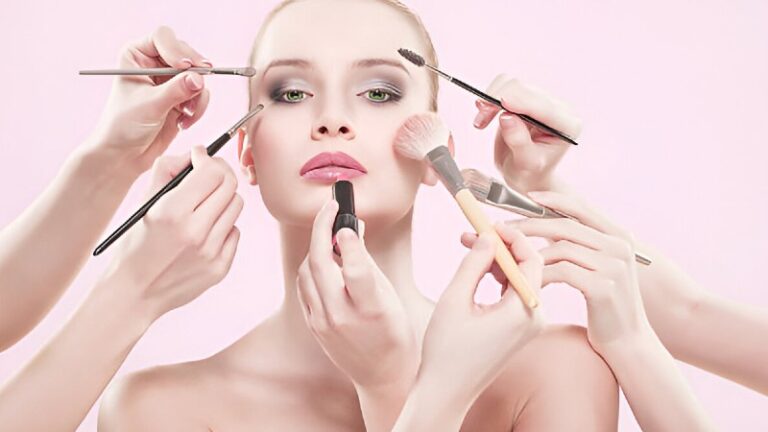Makeup has been part of human culture for thousands of years from ancient Egyptians who used kohl to line their eyes, to modern influencers who experiment with bold palettes and contouring. While styles change, the psychology behind makeup use reveals something deeper: it’s not just about beauty, but about identity, social perception, and even mental well-being.
Why Do We Really Wear Makeup?
Psychologists and sociologists agree there isn’t a single reason. Instead, makeup use is influenced by a combination of personal choice, cultural standards, and biological cues. Here are the most common motivations:
- Camouflage: To conceal blemishes, acne, or features we feel insecure about.
- Enhancement: To highlight natural features like eyes, lips, or bone structure.
- Expression: To showcase creativity, individuality, and identity.
- Social signaling: To appear more confident, professional, or approachable in social and work settings.
- Ritual and self-care: To enjoy the calming routine of application and boost mental well-being.
Makeup as a Social Language
Think of makeup as a non-verbal communication system. Just as clothing conveys messages about personality, status, or mood, makeup signals subtle psychological cues to others:
| Makeup Style | Common Social Perception |
|---|---|
| Minimal or Natural | Trustworthy, professional, approachable |
| Bold Lips or Eyes | Confident, creative, attention-commanding |
| Heavy Glam Makeup | Dominant, assertive, sometimes perceived as less authentic |
| Artistic/Experimental | Creative, expressive, non-conformist |
Research shows that people form impressions within seconds of meeting someone. Makeup can therefore influence first impressions in settings like job interviews, networking events, or dates. For instance, a study by the Association for Psychological Science found that women wearing moderate makeup were perceived as more competent and likable compared to those with no makeup or very heavy makeup.
The Confidence Effect
Beyond how others see us, makeup impacts how we see ourselves. Psychologists call this the lipstick effect the idea that wearing makeup, especially in difficult times, can restore a sense of control, optimism, and self-worth.
For example, someone applying red lipstick before a big presentation isn’t just trying to look attractive they’re using makeup as armor to feel powerful and confident. This effect is similar to the way professional athletes wear ritualistic clothing or accessories to mentally prepare for competition.
Example
During the 2008 recession, cosmetic sales actually increased despite overall consumer cutbacks. Economists attributed this to the lipstick effect: when people feel financially or emotionally stressed, they turn to affordable products like makeup that provide an immediate psychological boost.
Biology, Attraction, and Evolutionary Psychology
On a biological level, makeup enhances features associated with youth and fertility. Studies show that humans subconsciously associate traits like clear skin, symmetry, and color contrast with health and vitality.
- Foundation/Concealer: Evens skin tone, signaling health.
- Mascara and Eyeliner: Make eyes appear larger, linked to youthfulness.
- Blush: Mimics a natural flush, associated with vitality and attraction.
- Lipstick: Increases contrast and draws attention to lips, enhancing perceived femininity.
While these cues have evolutionary roots, their meaning is amplified in modern society where appearance can directly influence career opportunities, social interactions, and even perceived competence.
Makeup, Identity, and Self-Expression
Makeup is also a way of crafting and expressing identity. For many, it becomes part of a personal signature think of Amy Winehouse’s winged eyeliner or Marilyn Monroe’s red lips. These looks go beyond beauty; they symbolize individuality and cultural presence.
Makeup as Micro-Storytelling
One overlooked aspect of makeup psychology is its role as micro-storytelling. Each style tells a story about the wearer’s current mood, aspirations, or desired role. For example:
- A soft, natural look might signal approachable professional.
- A bold, glittery eye might say playful and adventurous.
- Dark, dramatic makeup could express rebellion or mystery.
In this way, makeup is not only a reflection of cultural norms but also a tool for personal narrative-building allowing individuals to shift identities as easily as changing palettes.
Women and Makeup Competition
Interestingly, psychology research shows that makeup affects women-to-women relationships as much as it affects attraction from men. Studies suggest that women often perceive heavily made-up peers as more dominant or even threatening. This competitive dynamic may explain why makeup is sometimes linked with jealousy or distrust among female groups.
On the other hand, makeup also fosters bonding. Complimenting someone’s eyeliner or sharing lipstick tips can serve as a form of social glue, sparking conversation and connection. Makeup, then, operates as both a divider and unifier depending on context.
The Ritual of Self-Care
Beyond attraction or competition, makeup application functions as a calming daily ritual. The act of focusing on oneself, using color, and performing repetitive motions can reduce stress and provide a moment of mindfulness. This aligns makeup with other self-care practices like journaling, yoga, or meditation.
Mood-Hacking Rituals with Makeup
| Ritual | Psychological Payoff |
|---|---|
| Choosing a power color lipstick | Boosts confidence, anchors mood |
| Mirror pep talk while applying foundation | Reduces anxiety, increases self-assurance |
| Deliberate finishing touch (mascara or gloss) | Triggers dopamine through task completion |
Striking the Balance
While makeup has undeniable psychological and social benefits, research also shows that too much can undermine its impact. A study found that women judged most attractive were wearing only about 60% of the makeup they would typically apply for a night out. Heavy application may risk perceptions of inauthenticity, while a balanced look enhances trust and likability.
Conclusion
The psychology of makeup reveals that cosmetics are far more than aesthetic products. They are tools for confidence, communication, self-expression, and mental well-being. From an evolutionary standpoint, makeup enhances features tied to attraction. Socially, it shapes impressions and relationships. Personally, it offers creativity and emotional grounding.
Perhaps the most empowering takeaway is this: makeup is not a mask but a mirror. It reflects not only how we wish the world to see us, but how we choose to see ourselves. Whether worn for attraction, self-care, or artistic storytelling, makeup remains one of the most versatile psychological tools in our daily lives.
Frequently Asked Questions (FAQs)
Why do people wear makeup?
People wear makeup for multiple reasons, including enhancing features, boosting confidence, expressing creativity, and adhering to societal beauty standards.
Does makeup actually make a person more attractive?
Makeup enhances features associated with youth, symmetry, and health. Studies show moderate makeup positively impacts social perception and attractiveness.
Can makeup improve self-confidence?
Yes. Psychological studies highlight the lipstick effect, where wearing makeup boosts confidence, reduces anxiety, and improves self-perception.
How does makeup affect relationships?
Makeup influences first impressions and social interactions. It can enhance attractiveness to potential partners and affect how peers perceive dominance or approachability.
Is there an optimal way to wear makeup?
Research suggests that moderate application highlighting key features without overdoing it strikes a balance between attractiveness, trustworthiness, and professionalism.


